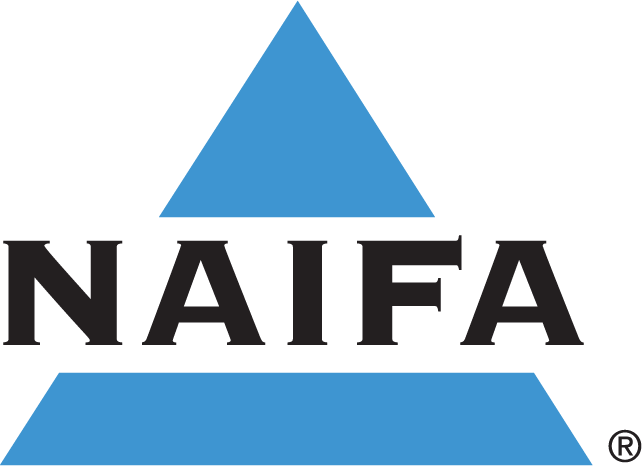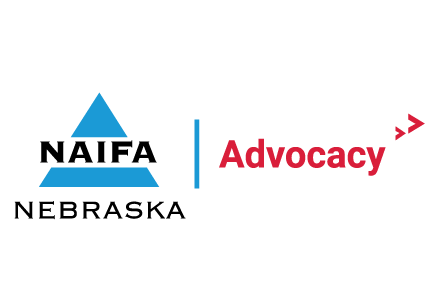In May, the Centers for Medicare and Medicaid Services (CMS) issued a Final Rule which revises the Medicare Advantage (Part C) program and the Medicare Prescription Drug Benefit (Part D) program regulations to implement changes related to marketing and communications, past performance, Star Ratings, network adequacy, medical loss ratio reporting, special requirements during disasters or public emergencies, and pharmacy price concessions.
While this final rule creates several new requirements for Medicare Advantage and Part D, the most displeasing of these are the new marketing and communications requirements. CMS has stated that it received a significant increase (over 15,000 complaints in 2020, which more than doubled in 2021 to 39,000) in beneficiary complaints regarding the marketing activities of Third-Party Marketing Organizations (TPMOs) who sell Medicare Advantage and Part D products.
The new rule affirms that Medicare Advantage plans and Part D sponsors are responsible for TPMO activities associated with the selling of those plans, and requires that:
- Contracts between TMPO and Plan, or TPMP and Plan’s FDR must ensure that the TPMO:
- Disclose to the MA organization any subcontracted relationships used for marketing, lead generation, and enrollment
- Record all calls with beneficiaries in their entirety, including the enrollment process
- Report to plans monthly any staff disciplinary actions or violations of any requirements that apply to the MA plan associated with beneficiary interaction with the plan
- When conducting lead-generation activities (directly or indirectly) for an MA organization, TMPOs must disclose to a beneficiary that their information will be provided to the licensed agent for future contact and that the agent can enroll them into the new plan. This disclosure must be provided as follows:
- (A) Verbally when communicating with beneficiary through telephone
- (B) In writing when communicating with a beneficiary through mail or other paper
- (C) Electronically when communicating with a beneficiary through email, online chat, or other electronic messaging platform
The rule also adds a requirement that Medicare Advantage and Part D plans create a multi-language insert that will inform the reader of available interpreter services in the top fifteen languages used in the United States and includes new parameters and requirements governing dually-eligible special needs plans, medical loss ratio transparency, and pharmacy price concessions.
Additionally, this rule codifies previous technical guidance included in the Managed Care Marketing Guidelines regarding:
- Technical standards for issuing ID cards, disclaimers regarding pharmacy access, and preferred cost-sharing policy
- Requirements for specific website content
NAIFA has received a great deal of input on this rule. In particular, we have fielded a number of complaints regarding the requirement for all phone calls with beneficiaries. This requirement applies to all agents who enroll beneficiaries into new plans, whether they are new or existing clients. CMS is interpreting this rule as applying to agents who are walking their clients through online applications as well.
On balance, beneficiary dissatisfaction is not with their agent of record, but with the call centers that solicit beneficiaries to switch plans that may not meet their needs. NAIFA believes that calls with existing clients should be exempt from this requirement. To that end, we have been in contact with CMS and, recently, sent a letter to CMS Administrator Chiquita Brooks-LaSure requesting an exemption for agents working with existing clients.
NAIFA, along with our industry partners, will continue to press this issue with CMS and will provide updates as necessary.







